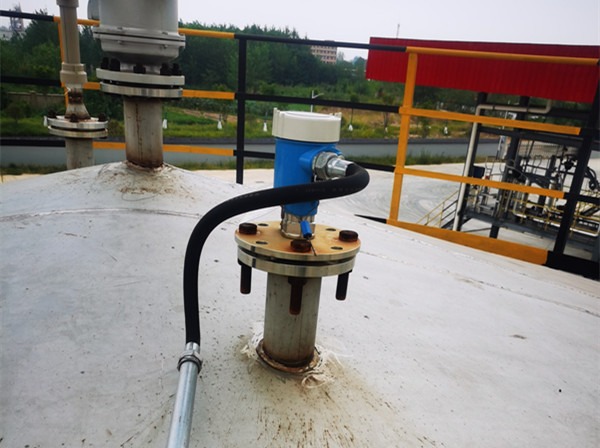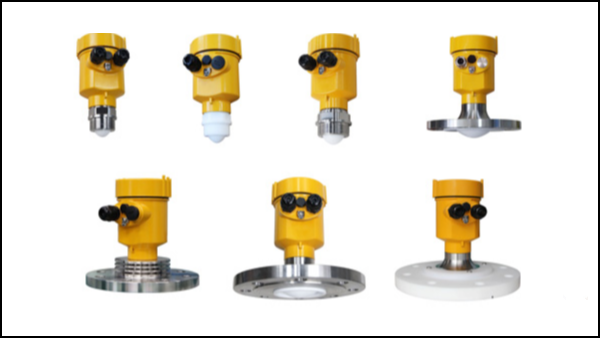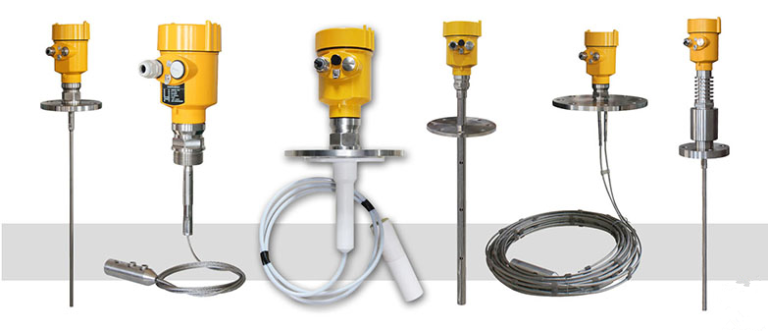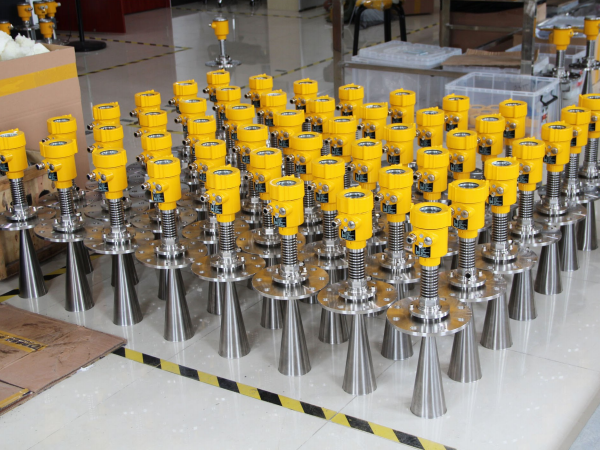In the petrochemical, smelting, and sewage industries, liquid level measurement has become an important parameter and many companies are already using or planning to use radar level meters for liquid level measurement in order to better record this parameter.
Petrochemical industry, the measured media basically include three categories, namely heavy oil, light oil, and hydrocarbon liquids. When selecting the type, the following characteristics of such media should be noted.

Firstly, the corrosiveness of the medium. If the medium itself is very corrosive, it is best to choose a radar-level meter with a sealed horn or an inner cone-rod antenna. These two types of antenna have a very high resistance to corrosion.
Second, the viscosity of the medium. In actual working conditions, many enterprises measure the liquid level, there is a broken range or buried whack, the reason for this situation may be the medium is too viscous. Therefore, for viscous media, it is best to use a contactless radar level meter, which can avoid the above situation and also reduce the difficulty of post-maintenance.

Thirdly, the volatility of the medium. The volatility of the medium is not terrible, what is terrible is the complex working environment. If the radar level meter is in the temperature change of the occasion, the antenna is easy to appear in the crystallization situation, affecting the measurement. So for volatile media, one must understand clearly the specific working conditions, such as temperature and pressure.

Fourthly, the conductivity of the medium. The better the electrical conductivity, the stronger the radar wave echo signal. Therefore, regarding the conductivity of the media, you can choose the radar level meter, conductivity to a certain degree of weak media, it is necessary to consider other level meters.
Fifth, the dielectric constant of the medium. Electrical conductivity has a certain influence on the radar wave, the dielectric constant of the medium will also affect the reflection of the radar wave. So when choosing a radar level meter, we must pay attention to the dielectric constant.
As a rule, liquids with a low dielectric constant are suitable for use with guided wave radar level meters. The radar waves emitted by a guided wave radar level meter are propagated through the detection component with good focusing performance and little scattering, so a guided wave radar level meter can be used for liquids with a low dielectric constant.

The oil industry needs to pay attention to the above characteristics of the medium when choosing a radar level meter, and other industries need to pay attention to the same when choosing a level meter.
